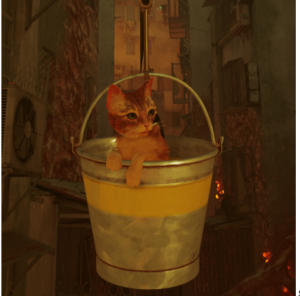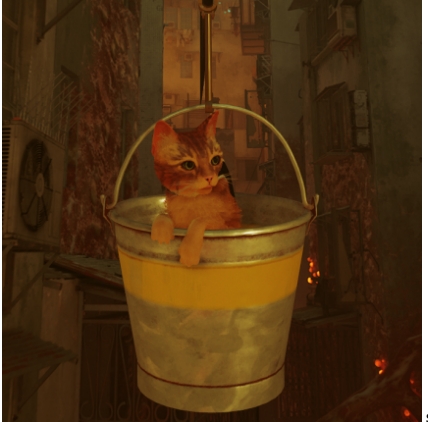A meme-minded community
October 18, 2018
A meme is a source that allows the communication of certain situations and expressions that are used by people, no matter who they are and where they could be.
A meme consists of an image and some words that are referring to an expression the subjects have, which communicates an understandable message.
Young or old, memes are everywhere and are used and are frequently found scrolling through social media.
Emma Austin and Delaney Connell, two RHS journalists, also provide their input on memes.
“The creation of memes and their content become the source of obsession for many people in the community in both positive and negative ways, but they are mostly just plain funny,” shared Austin and Connell.
In a positive light, memes are interesting things with relatable content for many people.
According to an article about memes, “Meme Culture: Why We Are So Obsessed With Memes” by Gabe Ibasco, “My dictionary defines memes as ‘a humorous image, video, piece of text, etc., that is copied (often with slight variations) and spread rapidly by Internet users.’ And no, this ‘spread’ isn’t just the casual, impersonal click of a button.”
Memes consist of content that is relatable to others and creates a sense of joy and interest in them. When people see things they can relate to, often people will say phrases such as “story of my life,” “same,” or “me,” which connects their thoughts and feelings into a moment, like a verbal meme. The sharing of relatable or funny content spreads by how the community feels, reacts and interprets the words and acknowledgment of the meme’s message.
But, memes can sometimes be negative at times as well.
Memes can be offensive and too addicting, as explained by an article elaborating an example of offensive memes, such as the the infamous “fake geek girl meme”, which claims that girls cannot be “real” fans of anime, manga, movies, comic books, and video games just because of their gender.
Memes are altered at times to show a message, but also could present a message that was not intended which can contribute to controversy and disputes. Memes are fun but can be hurtful. Being smart and understanding the full picture of a meme is important to show that they are not hurting others.
Teens obsess over memes for a variety of reasons.
According to a recent poll posted on social media, almost all people picked “yes” to the question: “Do you like memes?”
This suggests that people really enjoy the content and concept of memes. People had replied to the question “Why do you like memes?” by saying things such as “some of them are funny.”
“I like memes because they are often witty and sarcastic, and they often make me laugh. That’s all that matters in the end-laughter,” as explained by RHS Arrow Editor-in-Chief, Austin.
RHS Editor, Connell, gives another perspective when she says “I like memes because they bring people all around the world together. Everybody works together to create memes and adapt off of them, and people around the world all laugh at it together. They’re relatable to so many people and can make people laugh about even some annoying things, bringing at least a sliver of light into someone’s life. People of all ages laugh at memes! They’re funny for everyone. Even though some memes are about some things that we maybe shouldn’t be laughing about, most of them are light-hearted and have good intentions.”
Meme content connects with people; as a result, that connection leads to interests and the interest sparks joy in the person. Memes are funny, relatable and important to understand correctly.
All in all the community members are attracted to memes through how they can relate, express or honestly find funny (in the right and respectful way).
Sources:
Ibasco, Gabe. “Meme Culture: Why We Are So Obsessed With Memes.” Millennials of
SG, 3 Jan. 2017, millennialsofsg.com/2017/01/03/why-obsessed-memes/.
Lee, Jarry. “50 Hilarious Memes You'll Relate To If You Love Books.” BuzzFeed,
BuzzFeed, 24 Mar. 2017, 8:44 a.m., www.buzzfeed.com/jarrylee/literally-just-50-
hilarious-memes-about-books.
Thompson, Julia. “Internet Infamous: How Memes Affect Teens.” How Technology
Helps Us in Our Daily Lives, Family Online Safety Institute, 27 June 2016,
www.fosi.org/good-digital-parenting/internet-infamous-how-memes-affect-teens/.
Want to get involved? Submit a letter to us at:















